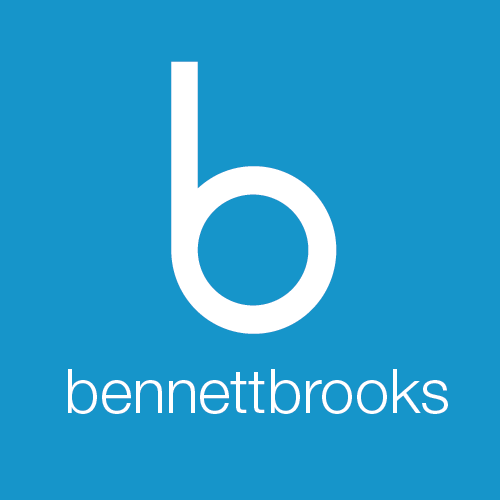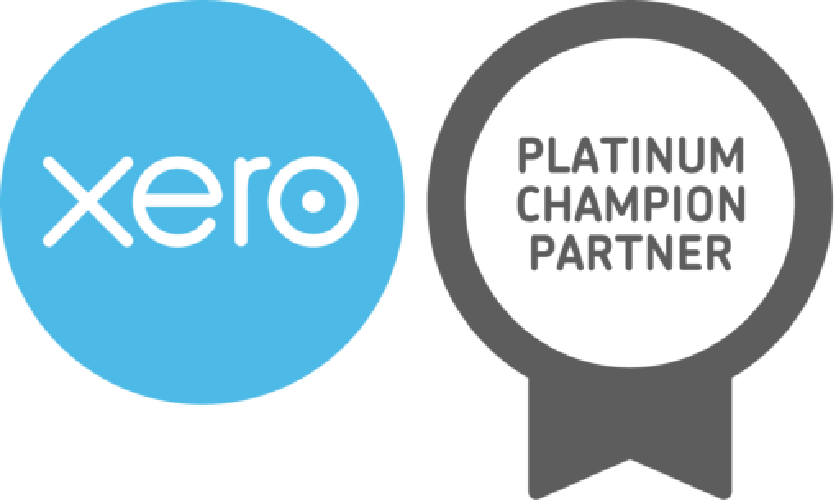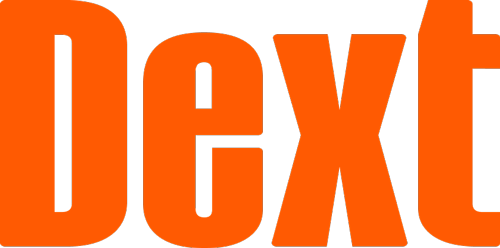in this final part we examine a number of FAQ’s on the topic.
Who is exempt from Making Tax Digital?
In most cases, any sole trader/freelancer/landlord earning more than £10,000 per year will have to sign up for MTD. However, there are exceptions in very specific circumstances, when you may be granted an exemption. Specifically, you can request an exemption if you’re not able to use a computer, the internet, or software. This could be for religious reasons, or because of:
• Your age
• A disability
• Where you live
• or any other reason that makes it impractical and unreasonable for you to use an accounting software tool for your taxes.
If you are reading this guide online, it is unlikely that an exemption will not apply to you—but if it does, you or your accountant will need to contact HMRC to ask for an exemption.
Can I opt out of MTD if I earn below £10,000 a year?
Unless you’re exempt, you’ll have to sign up for Making Tax Digital if you make more than £10,000 per year as a sole trader or through rental income.
HMRC has not yet offered any clarity on whether sole traders will be able to opt out of MTD if their income drops below £10,000—or whether those earning less than this amount will be able to sign up voluntarily.
Further guidance will be released closer to 2024 and we will be keeping a watchful eye on any announcements.
Do I need to digitally store receipts and invoices?
No—you can still keep your paperwork on paper if you want to. However, each transaction needs to have a digital record attached to it, and the amount concerned needs to be allocated to the correct income or expense category within your accounting software. The total amount in each of these categories (and not individual transactions or scanned receipts) needs to be submitted to HMRC each quarter.
Will I still be able to file paper tax returns?
If you are registered for Making Tax Digital, your tax information will need to be submitted digitally. If you earn under £10,000 per year, MTD will not apply to you, so it is likely that you’ll be able to continue filing paper returns if you prefer.
Can I still send handwritten or printed invoices?
Yes, you can still create handwritten invoices or print them out to send to your clients under MTD. These will need to either:
• Already form part of your digital records, i.e. an invoice created in your accounting software and printed to send to a client
• Be added to your digital records as soon as possible after the transaction
Bonus tips to help you prepare for MTD for ITSA
Work out whether you need to sign up in advance
To avoid any last-minute stress, it is a good idea to find out if you need to sign up for MTD before the deadline comes around. We are looking at all of our current clients and will be getting in touch if them if they clearly fall within the criteria but if you are a sole trader and you earn over £10,000 per year (before tax) from your trade or rental income (or a combination of both) or you expect to breach this threshold in the next two years, you will have to sign up.
This is likely to be based on your last tax return, so if you don’t earn more than £10,000 in the tax year 2022–2023, you won’t need to sign up just yet.
Sign up ahead of time
If you do need to sign up, the deadline will be 6th April 2024. However, it is a good idea to plan ahead and sign up before this date.
HMRC is currently running a pilot scheme, so you can actually sign up voluntarily already if you want to. However, there are only a limited number of software options available at the moment, and the pilot scheme is currently only open to sole traders with income from only one business.
Please ask us if you would like to explore the pilot.
Optimise your admin processes
Making Tax Digital could be a great opportunity to review your business admin processes and make sure they’re as efficient as possible. OK, this isn’t a very exciting prospect—but if you’re still using spreadsheets or a paper-based system to record your income and expenses, now might be a good time to take the leap and find an easier, more modern solution. There are some significant benefits to be had.
Get used to using accounting software
Making Tax Digital for Income Tax will not be mandatory until 6th April 2024, which means that you do not need to start using accounting software to keep digital records until then.
However, it is always good be prepared, and you can take the first step towards being MTD-ready by signing up for some simple bookkeeping software today—you never know, it might even make your life easier in the meantime!
We hope our 3 blogs on MTD for ITSA have been of help and that we have answered many of the questions you may have had. Should you need any further assistance or have more queries, please don’t hesitate to contact us. Call 0345 330 3200 today and the team will put you in touch with our MTD expert in your nearest office.
You can also email us at hello@benettbrooks.co.uk, we are here to help!
Are you a Rural Business thinking of diversifying into Solar Generation and Battery Storage?
With the ever-increasing push for green credentials, the UK renewable energy market is expanding, and many farmers are now facing the opportunity of diversifying or letting land for solar or battery storage.
bennettbrooks team attend the BESS annual scientific meeting
We have extensive experience supporting clients working within the NHS and private healthcare sectors including,
GP Partners
GP Locums
NHS Consultants
Medical Societies
Private Practices and Groups
Allied Healthcare professionals
Dentists
Care homes
Is Tax payable on compensation following pension transfer advice?
There is no general guidance for the taxation of compensation for mis-selling and the tax treatment of compensation payments is a complex area which has given rise to a substantial number of tax cases.
A recent change to Trust and Estates Tax
A welcome change was announced in the March budget that you may have missed. Trusts and Estates with income less than £500 will no longer have to pay income tax.
National Insurance: A reminder to check your record
National Insurance: An important reminder to check your record
If you are a Director/Shareholder of a Company taking salary and dividends there are some tax changes coming in April that you need to consider
If you are a Director/Shareholder of a company there are some important tax changes taking place this 5 April that you should be aware of when considering dividends v salary planning.
SEIS Investments – Changes announced in the recent Spring Budget could affect investors
Our Tax Director, Mary Tierney updates on how changes announced in the Autumn and confirmed in the Spring Budget could affect SEIS investors.
Corporation Tax: A reminder about the Annual Investment Allowance and the Structures and Buildings Allowance
Following the mini-Budget 2022, the Annual Investment Allowance (AIA) will remain at £1 million for the foreseeable future. It is always useful to review your capital expenditure prior to your company’s year end to see if there is benefit in accelerating the commitment to any expenditure.
Corporation Tax: How to benefit from Investment Zones
The mini-Budget 2022 announced the government will be working with 38 areas across the country to introduce Investment Zones. Similar zones may be introduced in Scotland, Wales and Northern Ireland but this is yet to be confirmed.
Corporate Tax: Super deduction coming to an end on 31 March 2023
From 1 April 2021 to 31 March 2023, a super deduction at 130% is available on most new plant and machinery expenditure that would ordinarily qualify for writing down allowances at the main rate of 18%.





